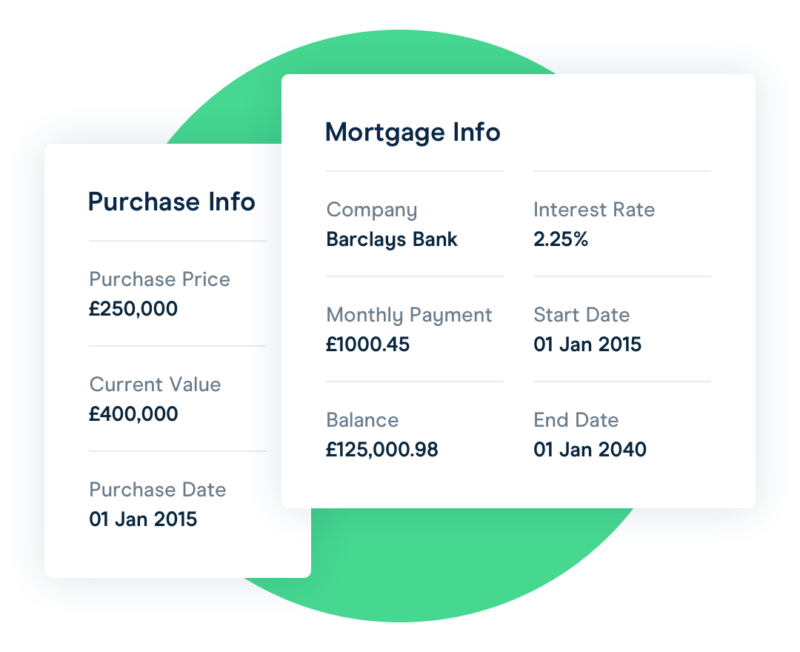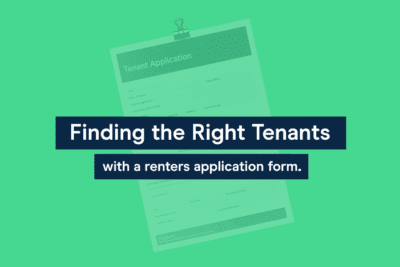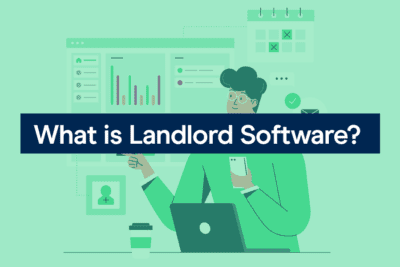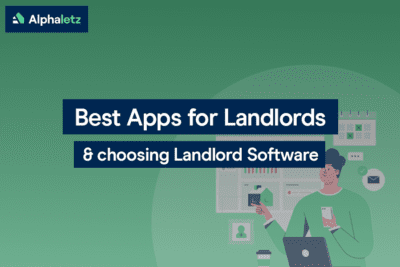Here’s what every portfolio Landlord needs to know
Self-managing a rental property can be a great way to save on fees and other costs associated with property management. You may be wondering how to manage a rental property by yourself. Do I need a letting agent?
In this article, we will discuss the crucial parts and steps for owners to be able to self manage a rental property.
We will also cover what legal things landlords need to know to stay compliant with legislation.
The Benefits of Self Managing a Rental Property
There are a few key benefits to self-managing a rental property:
- Save on Agent Fees
Letting agents typically charge around 10-15% of the monthly rent as commission. This can add up to a lot of money over the course of a year. However, money will be saved when the owner personally rents out the property.
As your buy-to-let portfolio grows, there will be a ‘tipping point’ when it becomes less expensive to hire your own person, or even team, to help run your property business.

Here is an example;
You have 15 properties rented out at £1000 per month, you pay an agent 10%+VAT to manage them for you. So you pay £1800 per month in fees.
However, that’s not all.
Depending on the management company you’ll likely also pay around £500 in set up fees each time a new tenant moves in, plus around £200 for things such as inventory reports and check in reports, which are often also marked up by the agent.

So you could easily be paying £20,000 to £25,000 per year in fees and commissions.
For this sort of money you could hire a full time or part time employee, or even hire a team of virtual assistants that could work remotely at a very low cost.
The same example could apply if you have a portfolio of HMO properties.
Five HMO’s with 6 rooms each at £500 per month would result in similar expenses, possibly even more, as letting agents often charge more to manage an HMO or other multi unit property.
- Having More Control Over Personal Property
The owner can make all the decisions.
This includes who rents the property, what maintenance is done, and when rent is increased.
- You may have to do the viewings
However, the big downside is that you may have to do the viewings yourself if the property is empty.
This may not always be possible if the property is far away.
If you manage your property carefully you may be able to get your existing tenant to do the viewings for you before they move out.
If you do this, we would advise that you give your existing tenant an incentive like a £100 gift card, and pre-qualify new tenants carefully before the viewings so you don’t waste anyone’s time.
The Risks of Self-Managing a Rental Property
There are a few risks that need to be taken into consideration when self-managing property:

- The Property Owner May Be Held Liable for Damages
If something happens to the property or someone is injured, the owner could be held liable. Therefore, it is crucial to have insurance in case of accidents or damage. - More Work Than Was Expected
When you self manage a rental property, it involves a lot of work. If not prepared for it, it can be overwhelming.
While some risks are involved in self-managing a rental property, there are also many benefits.
Self-managing property can be successful by being aware of these risks and taking steps to mitigate them.
What Legal Things Do You Need to Know to Stay Compliant With Legislation?
When self-managing a rental property, the owner must be aware of the relevant legislation and ensure they comply or there could be issues with getting a bad tenant out. Here are some of the critical pieces of legislation for landlords.
When you start a New Tenancy
When you start a new assured or short assured tenancy, your must give your tenant:
- a copy of the How to rent guide if you live in England
- a tenant information pack if you live in Scotland
You must also make sure that you have all your documents in place and up to date.

Document Checklist
- Right to Rent: This is to ensure that the tenant has the legal right to rent the property from you, such as for an immigrant moving to the UK.
Safety Checklist
All of the below must be in place before a tenant moves in.
- Gas safety – You will need to do an annual gas safety check by a registered engineer to ensure that all appliances are safely installed and maintained and will need a gas safety certificate as proof of the inspection, also known as a CP12 certificate.
- Electrical Safety – you must make sure that the electrical system is safe, for example sockets and light fittings and all appliances you supply are safe, for example cookers and kettles. For this you will need an EICR (Electrical Installation Condition Report). This is a formal document that is produced following an assessment of the electrical installation within a property. It must be carried out by an experienced qualified electrician or approved contractor every 5 years.
- EPC – An EPC gives a property an energy efficiency rating from A (the most efficient) to G (the least efficient) and is valid for 10 years.
A current Energy Performance Certificate – one that has been issued within the last 10 years – is needed whenever a property is first built, when it is sold and when it is let out. The government’s new target for rented property is a rating of C.

Since 2018, for new tenancies and 2020, for existing tenancies, the Domestic Minimum Energy Efficiency Standard means a property needs to have an EPC of at least band E if it is to be let out.
Properties with an EPC rating of F or G cannot be let out unless work is carried out to improve their energy efficiency or if they are exempt.
As part of an aim to reduce carbon emissions from buildings, achieve net carbon zero and improve the energy efficiency of homes, there is currently a proposal to reduce the minimum EPC rating for rental properties.
This could move from E to C possibly as soon as 2025. Previously the aim was for these new energy efficiency targets to apply from 2030.
This change is being considered as part of the Minimum Energy Performance of Buildings Bill which is currently being considered by parliament.

The proposals would mean that for all new tenancies started after the end of December 2025 the rented property will need to have a minimum EPC rating of C.
They also mean that all existing tenancies would need a minimum EPC rating of C from December 2028.
Due to a large number of older properties in the UK, it is estimated that around two-thirds of all homes in the UK could have an EPC rating poorer than C and so would not comply.
As part of the proposals on energy efficiency there is a target for all residential properties, not just buy-to-lets, to meet EPC C by 2035.
There is also a target for mortgage lenders to have an average band C across their lending book by 2030.

- EPC requirements for a rental property in Scotland – These details relate to EPC requirements for rented property in England and Wales only. Although there is also a commitment to improving energy efficiency in rented properties the EPC regulations and proposed changes to them are different in Scotland.
- Exemptions to EPC C For Landlords -Currently, some rental properties qualify for an exemption to the minimum EPC rating of E. It is likely that there will also be some exemptions under the proposed new rules.
Exemptions that may be possible include if there is an affordability exemption, if it is not technically feasible to improve the EPC rating or if a party like a tenant or a mortgage lender, refuses consent. Landlords buying a new property also have six months to meet the EPC requirements.
Under current rules, if a property meets the criteria for any of the exemptions you can still let it once you have registered the exemption on the PRS Exemptions Register. An exemption lasts for 5 years.
Landlords whose property fails to meet the minimum EPC standard can be fined up to £5,000. A similar enforcement regime is likely to apply if new regulations are introduced.

Fire Safety
Your landlord must:
- follow safety regulations
- provide a smoke alarm on each storey and a carbon monoxide alarm in any room with a solid fuel burning appliance (for example a coal fire or wood burning stove.)
- check you have access to escape routes at all times.
- make sure the furniture and furnishings they supply are fire safe.
- provide fire alarms and extinguishers if the property is a large house in multiple occupation (HMO.)
HMO License
A house in multiple occupation (HMO) is a property rented out by at least 3 people who are not from 1 ‘household’ (for example a family) but share facilities like the bathroom and kitchen. It’s sometimes called a ‘house share’.
If you want to rent out your property as a house in multiple occupation in England or Wales you must contact your council to check if you need a license.
You must have a license if you’re renting out a large HMO in England or Wales. Your property is defined as a large HMO if all of the following apply:
- it is rented to 5 or more people who form more than 1 household
- some or all tenants share toilet, bathroom or kitchen facilities
- at least 1 tenant pays rent (or their employer pays it for them)
An HMO license is valid for 5 years and could get an unlimited fine for renting out an unlicensed HMO.
You must keep good records as any of the above that have expired or missing could result in a heavy fine, some as much as £30,000.
By being aware of these pieces of legislation, landlords can stay compliant with the law and avoid any legal troubles. A great resource is the Alphaletz Marketplace where you can find good tradespeople and engineers to cover all of the above.
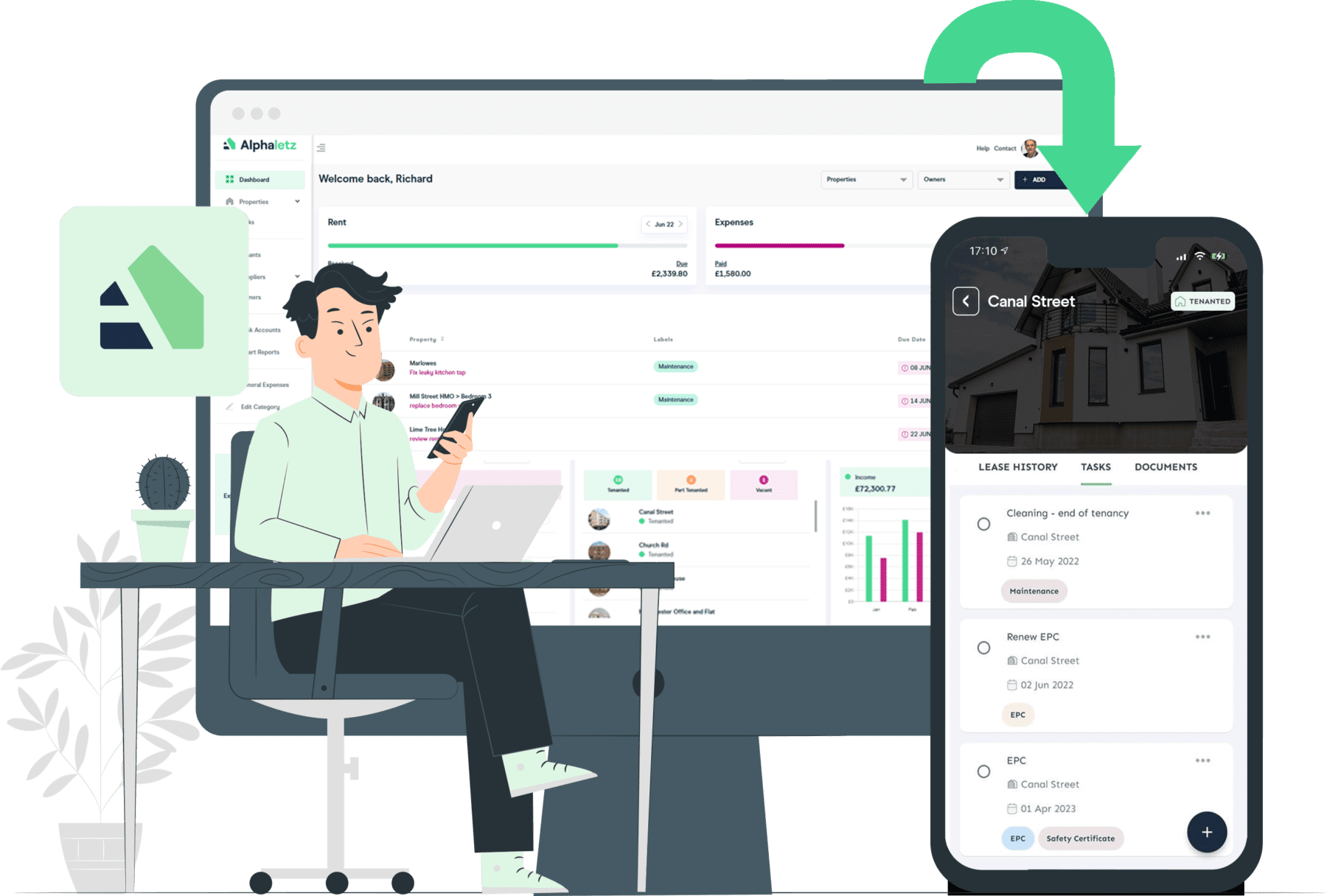
6 Tips for Self-Managing your Rental Properties
While there are many benefits to self-managing a rental property, it is essential to note that it also involves a fair amount of work. To be successful, organisational skills are crucial to stay on top of things. Here are the critical steps for self-managing:
1. Create a System
Create a system for tracking rent payments, maintenance requests, and other important information. This will help stay organised and ensure that nothing falls through the cracks.
2. Keep a Close Eye on Finances
Being able to quickly pull up information on income and expenses is vital. For example, do you know when you bought the last washing machine? Do you still have a warranty? Are you able to produce reports in seconds if needed by the tenant or for doing your tax returns?
3. Stay Up-to-Date on Legislation
Property owners must comply with various legislation governing rental properties. Therefore, knowing these steps and complying with them is vital. Make sure you have information to hand whenever you may need it.
4. Communication
Keep communication lines open with tenants – being available to answer any questions or to address the tenants’ concerns is crucial. Establishing rules and guidelines will also help ensure that everyone is on the same page and expectations are clear. Also, keep good notes in case you have a dispute or anyone else needs to understand what’s been agreed.
5. Maintenance
Have a sound system for handling maintenance requests and repairs. This will help ensure that things are done quickly and efficiently. Log everything in your system and keep good notes and even pictures too.
6. Landlord Software
Incentivise your existing tenants to show potential new tenants round property, but make sure you pre-qualify the new ones carefully so you don’t waste anyone’s time.
Self-managing a rental property can be a great way to save money and have more control over the property. However, it is essential to note that it involves much work. Nevertheless, by following these key steps, self-managing a property can be successful.
Use the right Landlord Software
Using the right landlord software can be a massive help in self-managing a rental property. You may wonder, “Do I need a letting agent?” If you use the software at your disposal, you may not need one. A good property management software program can make it easier to track crucial information, such as rent payments, maintenance requests, and tenant contact information.
Award Winning Property
Management Software
The #1 property management software for Landlords & Property Managers, as featured by the NRLA.
Conclusion
Alphaletz is an excellent option for portfolio landlords who want to manage their rentals from their desktop or mobile device. This modern, cloud-based system makes it easy to keep track of everything in one place, and offers a variety of features that can help landlords save a massive amount of time and money.
You can also access the Alphaletz Marketplace where you’ll find a bunch of great resources to help you.
If you’re a property manager or letting agent, you can use Alphaletz too.
You can manage multiple properties and owners in a simple to use and very cost effective system.
